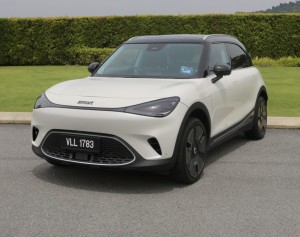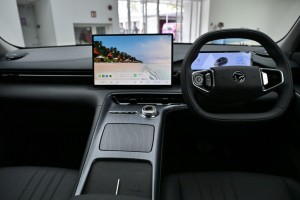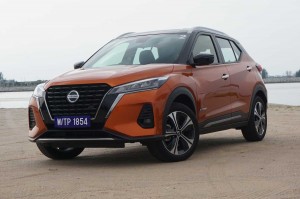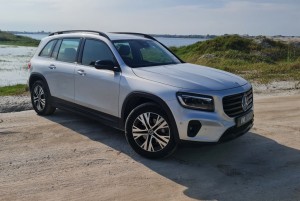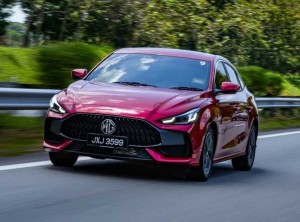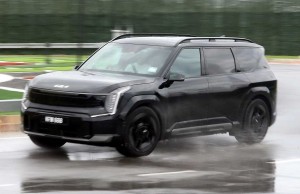LONDON: With a growing number of electric vehicles (EVs) hitting the road and joining many more combustion engine vehicles, the question of how to tax cars fairly comes into the spotlight.
Two emissions experts in Britain are advocating that cars should be taxed on a combination of weight and mileage.
According to a new study from Nick Molden and Felix Leach, this is a solution that is not only better for the environment, but simpler to administer and much easier to understand.
Molden is the CEO of emissions testing company, Emissions Analytics, and Leach, is Associate Professor of Engineering Science at the University of Oxford. They will be launching their new book: Critical Mass: The One Thing You Need to Know About Green Cars on Nov 25.
Molden explained the solution: “Taxing a car on a combination of its weight and mileage offers a simple, potentially universal approach to pricing-in the environmental impact of cars while at the same time overcoming the objections to the current mish-mash of incentives and penalties.
“In our book, we offer an intuitive ‘proof’ of why mass and distance are fundamental to designing a system to incentivise the purchase of ever-greener cars and this is contrasted with other flawed bases for judging environmental impact, such as measures of vehicle efficiency, including energy and fuel efficiency, as well as elements incorporated in the current system such as fuel type and laboratory carbon dioxide emissions.”

Molden (left) and Leach.
The two experts outline ways in which the system can be adopted and show the types of cars likely to taxed lightly and those that will be more expensive to keep on the road. Broadly, smaller cars will be cheaper to tax.
Under Molden and Leach’s proposed system (taking the example of the UK) if an average car is 150kg lighter or does 1,600 fewer kilometres, the owner would pay £100 less per year.
“Specific tax rates are proposed and compared to existing taxes to illustrate winners and losers – winners being small city cars and loser including high-mileage heavy cars and SUVs,” explained Leach. “The concept proposed is a reliable revenue-raiser at a time of widespread fiscal pressure and declining vehicle taxation. It could also be adopted rapidly and transitioning to it is easy.”
The idea of taxing a car on the basis of its weight and miles travelled, also translates easily for a car-buying public that has to negotiate confusing rates and inconsistencies, while car makers have increased the size and weight of their models with impunity.
The result is an evidence-based thinking that has the basis to overcome bitter factional disputes between different groups trying to promote one powertrain over another.
In the UK, the Vehicle Excise Duty (VED) or "road tax" will undergo a major overhaul next year and it will include EVs that are currently exempted.
Starting April 1, 2025, EVs will lose their VED exemption, however. That means buyers of new EVs will have to pay the next lowest first-year tax rate, which currently stands at £10.
Once an EV hits its second year on the road, owners will be required to pay the standard VED rate, which is currently £190 and is expected to increase with inflation from April 2025.
The new legislation will also hit buyers of EVs costing over £40k with additional tax and used EV buyers and hybrid buyers will also have to pay more.
Molden said using a single measure of a car’s environmental credentials to guide purchases and government policy is the way forward, and the measure that takes account of around three-quarters of the environmental impact of a car is the car’s weight, and that metric correlates well with environmental damage.
Molden added: “Most people want to do the right thing environmentally when they are buying a car, but the information and choices are now too complex for any normal consumer to understand fully. The question was whether there is a simple, practical way to point the car buyer in the right environmental direction and allow governments to tax and subsidise the right things – and there is.”

